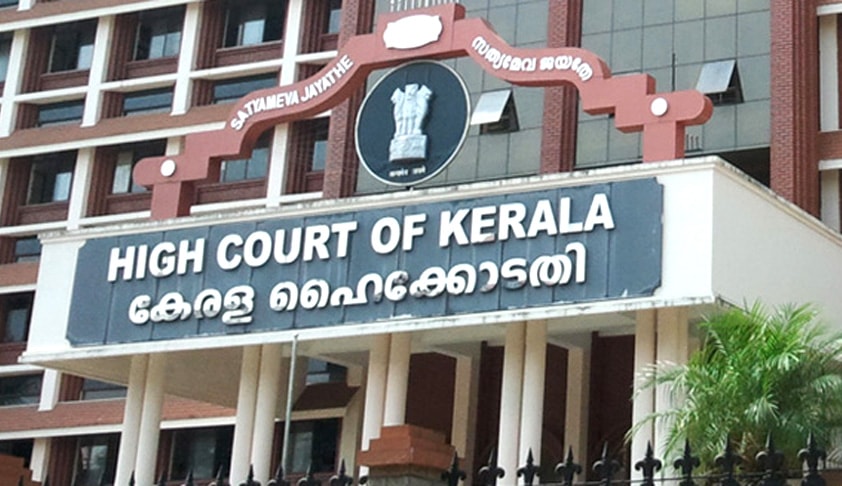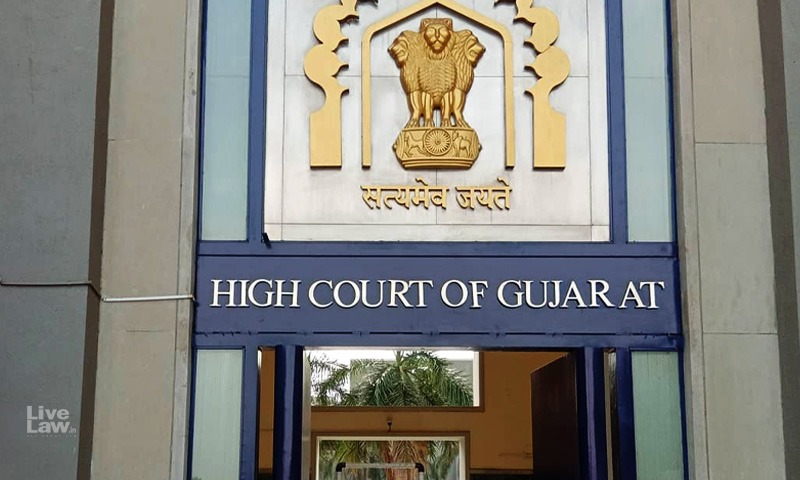Joymalya Bagchi, J.@mdashThe appeal is directed against the judgment and order dated 21.05.2004 passed by the learned Sub-Divisional Judicial Magistrate, Hooghly (Sadar) acquitting the respondent from the accusation of committing offence punishable u/s 138 of the Negotiable Instrument Act.
2. The prosecution case against the respondent is to the effect that the respondent took a loan of Rs. 15,000/- from the appellant and thereafter in discharge of such liability issued a cheque dated 19.09.2002 for a sum of Rs. 15,000/- in favour of the appellant bearing cheque No. 323368 drawn on State Bank of India, Nimtala Branch. The cheque on presentation was returned unpaid due to insufficiency of fund and such dishonour was communicated to the appellant on 07.10.2002. The appellant issued a notice to the respondent on 08.10.2002 at his address as well as to Hooghly Correctional Home as the respondent was detained there at that material point of time. On 09.10.2002 the respondent received such notice but he did not make payment. Hence the present complaint. Plea of the respondent was recorded u/s 251 of the Code of Criminal Procedure. The respondent pleaded "not guilty" and claimed to be tried.
3. In course of trial the appellant examined himself as PW-1. The defence of the respondent was one of innocence and false implication. He however did not examine any witness in his favour. In conclusion of trial, the trial Court by judgment and order dated 21.05.2004 acquitted the respondent of the accusation levelled against him, inter alia, on the ground that the demand notice was imperfect and not in accordance with law.
4. Mr. Ghosh and Mr. Choudhury, learned counsels appearing for the appellant submitted that the Trial Judge erred in law in acquitting the appellant. They further submitted that it has been proved beyond doubt that the respondent had issued the cheque and the same was returned unpaid due to insufficiency of fund. The notice of dishonour was also served upon the respondent. In spite of the same, the payment was not made. It was also submitted that the trial Court erred in law in coming to the finding that the notice of dishonour was imperfect. Accordingly, they prayed for setting aside the order of acquittal and conviction and sentence of the appellant in respect of the accusation levelled against him.
5. I have perused the evidence on record I find that there is no dispute that the appellant had issued the cheque and the same was returned unpaid on presentation with the endorsement ''insufficient fund''. The trial Court acquitted the appellant on the ground that the notice of dishonour did not call upon the respondent to make payment to the appellant directly. On the other hand, it was stated in the notice of dishonour that the amount be credited in the account of the respondent failing which legal action would be taken.
6. For adjudication of such finding of the Trial Court, let me examine the contents of the demand notice. The demand notice has been exhibited as Exbt. 5 which reads as follows:
"To
Shri Chandra Kumar Halder,
S/o. Late Jitendranath Halder,
Vill. & P.O.-Porabazar,
P.S.-Dhaniakhali,
District - Hooghly.
Sir,
The notice is hereby given to you that the amount due Rs. 15,000/- from you, which was sent by you on 19.09.2002 bearing cheque No. 323368, under State Bank of India of Nimtallah Branch, Calcutta was deposited by me in the State Bank of India, Chinsurah Branch on 20.09.2002 for clearance, on my personal account.
But on 07.10.2002, when I went to receive the cash from the above mentioned Bank, I was informed from the Bank that the cheque which you have sent bearing No. 323368 was dishonoured due to insufficiency of fund.
Therefore the notice is given to you to deposit the said amount Rs. 15,000/- on your account within 15 days from the service of this notice, otherwise I will be bound to take a lawful action against you.
Again I have came to know that you are on Hooghly Jail U/s. 420 of I.P.C. under Dhaniakhali P.S. Case No. 102, dated 5.10.02 due to which I am sending the undersigned notice both your Home Address and as well as in the Hooghly Jail.
Yours faithfully,
Kali Prasad Singha Roy
(Advocate)
Chinsurah, Hooghly.
8.10.2002."
7. A perusal of the demand notice would show that the factum of dishonour of the cheque in question was duly communicated to the respondent. He was also called upon to credit the value of the dishonoured cheque in his account failing which legal notice would be taken. The Trial Court did not accept the same as a notice u/s 138 of the Negotiable Instrument Act as it called upon the respondent to credit the value of the cheque in his own account instead of making payment directly to the appellant.
8. I am unable to accept such contention on the part of the trial Court. A notice of dishonour of cheque cannot be treated in a hyper technical manner. The substance and purport of such notice must be understood in its true perspective. When the aforesaid notice is read in the factual backdrop of the case it gives a clear impression that the appellant in fact was demanding the said value of the dishonour of cheque from the respondent. He had only indicated a particular course in which such demand may be liquidated, namely, crediting the same in the account of the respondent for the purpose of paying it to the appellant.
9. In
"7. Though no form of notice is prescribed in the above clause (b) the requirement is that notice shall be given in writing within fifteen days of receipt of information from the bank regarding return of the cheque as unpaid and in the notice a demand for payment of the amount of the cheque has to be made....
11. A cheque can be presented any number of times to the bank within the period of its validity. In view of the above, the appellant Bank had a legal right to re-present the cheques to the Bank as indicated in the notices and, therefore, the respondents could have arranged payment either through the Bank or directly to the appellant Bank. By not doing so the provision of Section 138 is clearly attracted."
10. Accordingly, I am of the opinion that the Trial Court misinterpreted the demand notice and came to an incorrect conclusion that the same did not conform to the requirements of law.
11. For the aforesaid reason, the judgment and order of acquittal dated 21.05.2004 passed by the learned Sub-Divisional Magistrate, Hooghly (Sadar) is set aside. The appellant is convicted of the offence punishable u/s 138 of the Negotiable Instrument Act.
12. I sentence the appellant to suffer rigorous imprisonment till the rising of the Court and to pay a fine of Rs. 30,000/-, in default, to suffer rigorous imprisonment for thirty days more. The fine, if realized be paid to the appellant by way of compensation.
13. The respondent shall surrender before the trial Court within 60 days from date to serve out the sentence and pay the fine amount, as aforesaid. In default, the trial Court shall take necessary steps for execution of the sentence in accordance with law.
14. Let a copy of the judgment along with the Lower Court Record be sent down to the trial Court for necessary action.
15. Urgent photostat certified copy of this order, if applied for, be supplied to the parties as early as possible.

